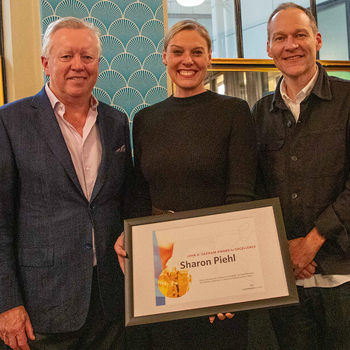Give Me Technology, in Simple Language
So it seems technology is taking over our lives, and making us anxious and depressed. That’s only half true: technology is indeed taking over our lives – but we’re loving it.
And once technology companies realise that people don’t so much care what’s inside the gadget as what it does for them, and market their goodies accordingly, then the takeover will be complete. We’ll have computers for everything from walking the dog to brushing our teeth for us.
Before that happens, though, us tech folk are going to have to start speaking plain English. We’ve got better. But there’s still a way to go. We still talk about AMOLED screens and haptic tactile technology as if people care. We use three-letter acronyms (TLAs) for everything. So our target markets – sorry, the people we’re trying to talk to – don’t understand what we’re saying, and simply move on to something they do understand.
Part of the problem is the fact that we have become so used to speaking in jargon ourselves. We have become poster children for the old game of Corporate Bingo. We’re so busy maximising opportunities, leveraging assets, optimising efforts and seeking synergies that we’ve forgotten how to speak English.
Even when we confront the problem, we pontificate earnestly about how excessive jargon forms “a barrier to engagement”.
Sound far-fetched? Let’s look at the evidence. We no longer phone people, or speak to them: we “engage them”, or “reach out to them”, as if they’re Bosnian orphans in need of a hug and a warm meal. Perhaps, if we’re feeling really frisky, we “touch base” with them.
Gone are the days when we were simply too busy to do something. Today, we “don’t have bandwidth”. We no longer look at documents: we “have visibility of them”. As for discussing things – pffft. Not for us technology-savvy folk. We “unpack the issues”, or “ventilate them”, stuffy as they are.
It gets worse, though. We gleefully mangle the meanings of words to fit into our bizarre new vocabulary. So instead of getting back to someone, or replying to them, we “revert”. Which actually means to return to a previous state, like werewolves do after they’ve had their fill of moonshine and mayhem.
So our challenge is clear. When talking technology to a wide-eyed audience of wannabe smartphone users and recently converted social media junkies, we should try and remember why we buy technology ourselves.
It’s not for the HSPDA v4.32, the Splodget app or the ability to connect seamlessly to a broad eco-system. It’s because it’s cool, or easy to understand, or makes our lives easier, or all of the above. Now that’s what makes technology magic.
Find Out More
-
Digital Insights Bulletin - October 2024
October 31, 2024
-
Sharon Piehl Wins 32nd Annual John D. Graham Award for Excellence
October 25, 2024
-
Digital Insights Bulletin - September 2024
September 30, 2024


